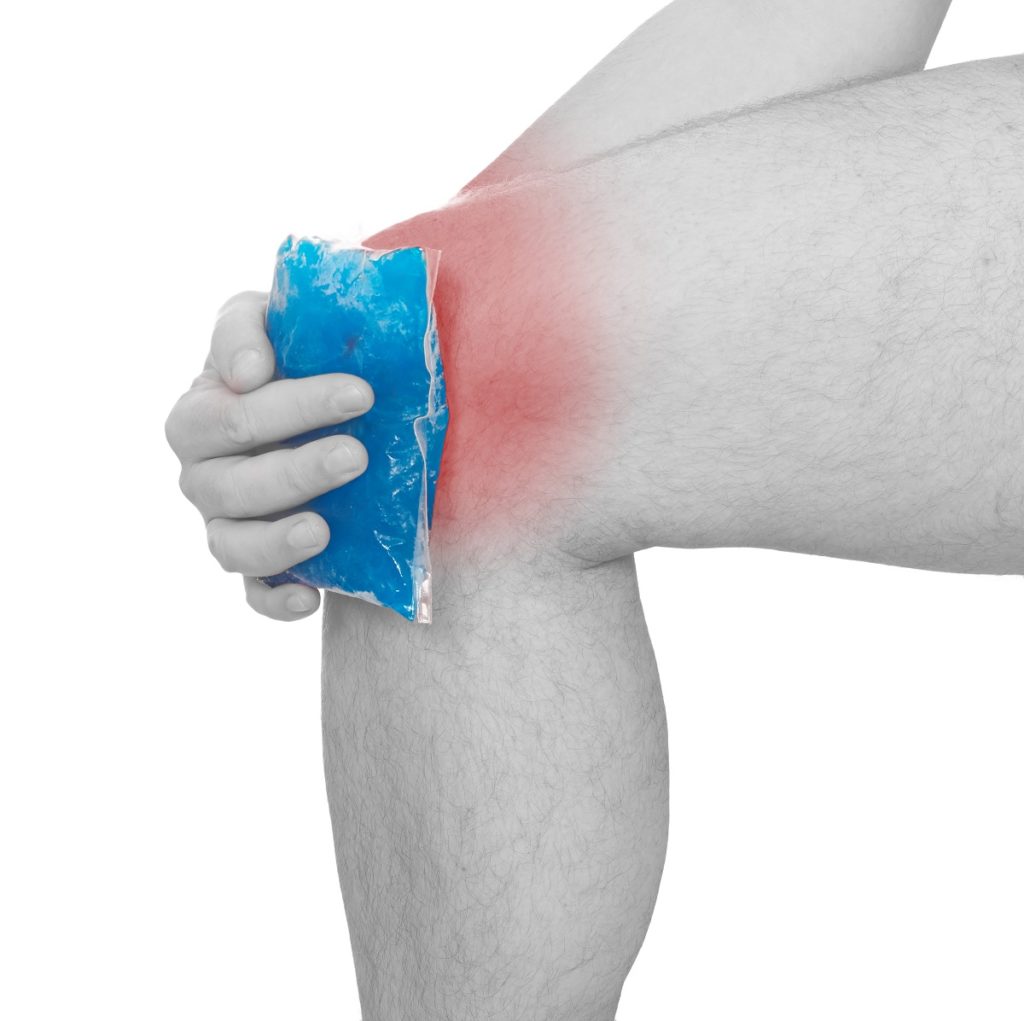We’ve all had to deal with stress, and many of us are acutely aware of the dangers of severe stress on our bodies. Not only does it affect your physical body, but it can also wreak havoc on our emotional stability and mental health. In some cases, the effects can amplify each other, causing further damage. Thankfully, stress can be managed if you allow yourself to relax.
This is especially true for people in recovery. Whether you’re dealing with addiction or bouncing back from an illness, one of the best ways to restore the balance and bring positive energy back into your life is to manage your stress. Your body heals better and faster at rest, and effective stress management can have long-term health benefits as well. A drug rehab center can also teach you how to deal with stressors and triggers.
The sources of stress differ from person to person, but the effects are all the same. You might have to try out different strategies and see what works best for you. But we all want to achieve the same thing: a more peaceful and relaxed state of mind. Here are a few tips that will help you better manage your stress.

Try guided meditation
Most stress management techniques are easy to implement. All you need are an open mind and a sincere hope that things will change for the better. For instance, many people swear by the power of guided meditation. All you have to do is imagine a place that brings you joy and peace, whether it’s a church, your favorite vacation spot, or even a fantastic landscape.
If you’re new to meditation, it may seem awkward at first. But you need to trust the process and let go. ; It helps to work with therapists who do meditation therapy if you need some hand-holding. There are also apps and recordings available on the internet for self-guided meditation.
Get active
When we are bombarded with stressors and triggers, our natural response is to either lash out or shut down. Neither of these approaches is productive, and it does nothing to alleviate your stress. All it does is give you a temporary respite, but the negative effects remain. Physical activity and exercise can be a helpful outlet for your stress and anxiety.
Studies have shown that physical activity releases much-needed endorphins, which makes you feel happy and energetic. There are many kinds of physical activities, so even if you’re not the sporty type, there’s always something you can do. Even cycling or going for a quick stroll every day can go a long way in keeping your mind and body healthy.
Manage your time
Many people consider time to be one of their biggest stressors, or more specifically, the lack of it. Whether you’re a busy homemaker or a corporate professional, it often feels like there isn’t enough time to accomplish everything we need to do.
Start by accepting that you can’t be expected to do everything yourself, and it’s perfectly fine to put yourself first. But putting off your tasks isn’t the solution. One way to solve your problems is to find a way to manage your available time. A system of prioritizing certain tasks can make you feel less overwhelmed.
For starters, make a list of all the things you do or need to do regularly. Sort them into four columns: urgent and important, important but not urgent, urgent but not important, and not important or urgent.
Urgent and important tasks are those that need to be done right away. The second category is for tasks that can be done whenever. If the task is urgent but not important, find someone to do it for you. Finally, tasks in the final category can be safely deleted from your agenda.
The bottom line
I hope that these three tips will help restore the balance in your life. If we don’t find a way to manage our stress, our quality of life suffers, and we become more susceptible to certain conditions.
Studies have shown that stress can increase the risk of diabetes, heart disease, dementia, and asthma. And even if you’re not worried about that, managing your stress can help you get more enjoyment out of life. Feel free to experiment with different strategies, and don’t rush the process.




